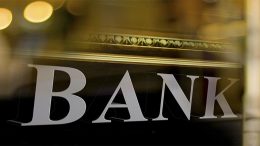Putting “Too Big to Fail” to Rest: Evidence from Market Behavior in the COVID-19 Pandemic
Francisco Covas y Gonzalo Fernandez (Instituto Español de Analistas Financieros) | An important objective of the banking regulations introduced after the global financial crisis was to eliminate the perception that some firms were too big to fail (TBTF). The perception of being TBTF compromises public welfare for two main reasons: first, investors that perceive a firm to be TBTF do not charge appropriately for risk, creating an incentive for the firm to become riskier to take advantage of the subsidy. Second, firms not currently perceived as TBTF have an incentive to become larger and more systemic so that they become TBTF and get the funding subsidy. The dynamics fostered by both reasons also increase the likelihood that the government will, in fact, have to bail out a firm, making the perception of TBTF potentially self-fulfilling.




